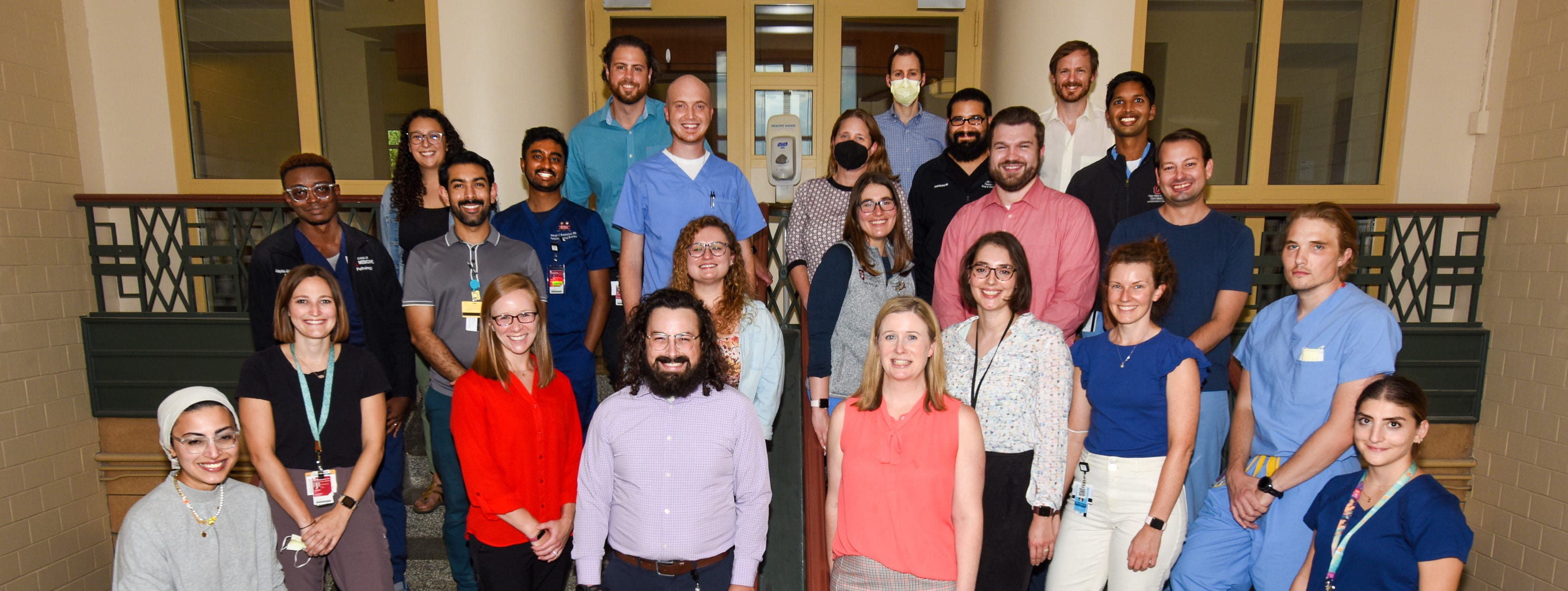The Clinician-Educator Training Pathway (CETP) is a two-year program that provides trainees with the knowledge, skills and professional preparation they need to be successful in a career as a clinician-educator, recognizing that the medical education career pathway is a deliberate choice that requires a particular set of skills rather than a secondary facet to another career focus. Trainees are introduced into a community of educators that stresses the collaborative approach necessary for success.


